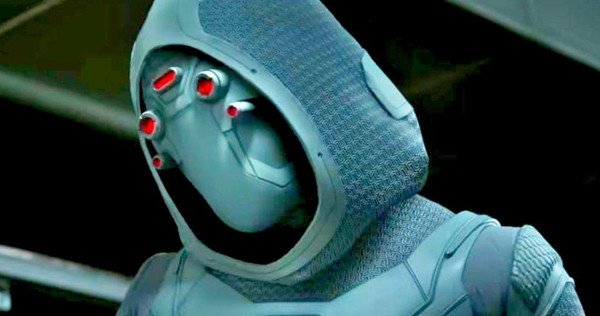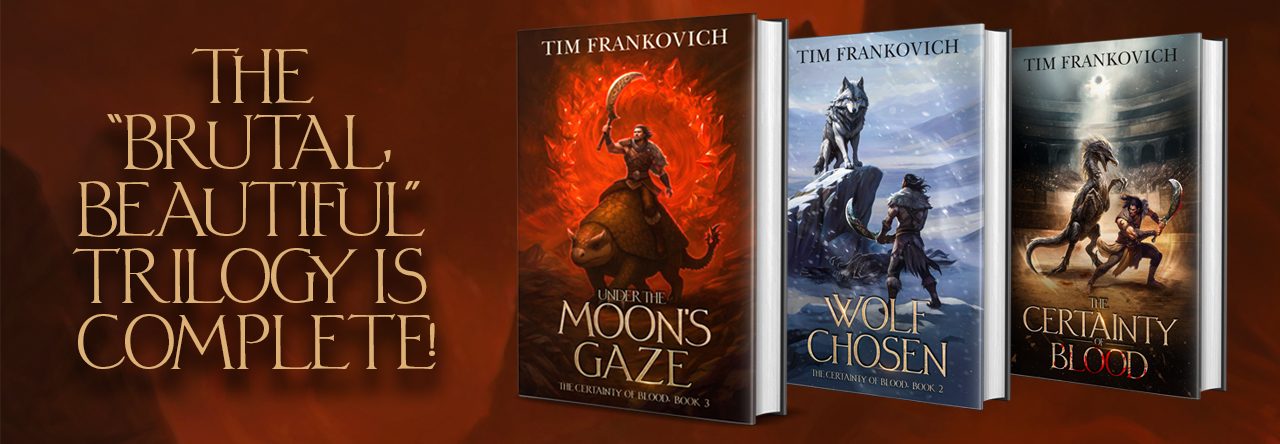For the past couple of weeks, I’ve been writing a query letter. And re-writing a query letter. Also, I re-wrote a query letter. Over and over and over.
I thought I had it down fairly well… and then I let an editor look at it. I had the help of the fantastic Haley Sulich (link) and we went back and forth for a while. Wow. Every time I got an email from her, I would dread it and be excited at the same time. Dread, because this meant she was going to point out something I did wrong, probably. And excitement, because every time we did this, the letter got stronger and more exciting.
A query letter is often described as being similar to what you would read on the back cover of a book. In other words, it gives a brief summary of some of the main plot elements and teases things just enough to make you want to read more. The goal is to convince a literary agent to want to read your manuscript.
However, the more I worked on this one, the more I realized that there’s a better comparison than back cover copy, and that is movie trailers.
Many times, a movie trailer will focus in on one specific aspect of an upcoming movie and play that up. The most obvious examples I’ve seen in the past weeks are the trailers for Ant-Man and the Wasp. While the trailers have focused heavily on the humor of the movie, at least one of them played up the concept of the villain Ghost. She’s portrayed as having incredible powers and Luis even says she wants to take over the world “or something.” Later on, a voice over mentions “saving the world” again. Clearly, this Ghost is terribly powerful and the entire movie revolves around stopping her.

Except it doesn’t. From what I understand, Ghost is a part of the story, but not the primary focus. In fact, several of the reviews have said there really isn’t a “villain,” per se, in this movie, at least not in the traditional sense. (Of course, this could be totally wrong; I haven’t seen it yet myself.) Some reviews don’t even mention her.
Yet by playing up the conflict with Ghost, the trailers will attract more viewers, especially those expecting standard superhero-style throw downs with a bad guy. It’s focusing on what those viewers want to see, even though there’s much more to the story.
I’ve written a 142,000 word epic fantasy. It has a lot going on. But my query can’t possibly begin to include all of the major events or even characters! And that’s okay. The query has to have a tight focus. In my case, it includes the two main protagonists and one main antagonist. A host of other characters and their stories aren’t even mentioned, including a second primary antagonist. If I included all of them, it wouldn’t be a query any more, it would be a synopsis (and that’s a whole other hassle).
I’m on a fascinating journey here, through the whims of the publishing process. I’ll keep you all updated via this blog. Next time, I’ll let you get a glimpse at the final query and let you know a little more about this particular novel.

1 Pingback